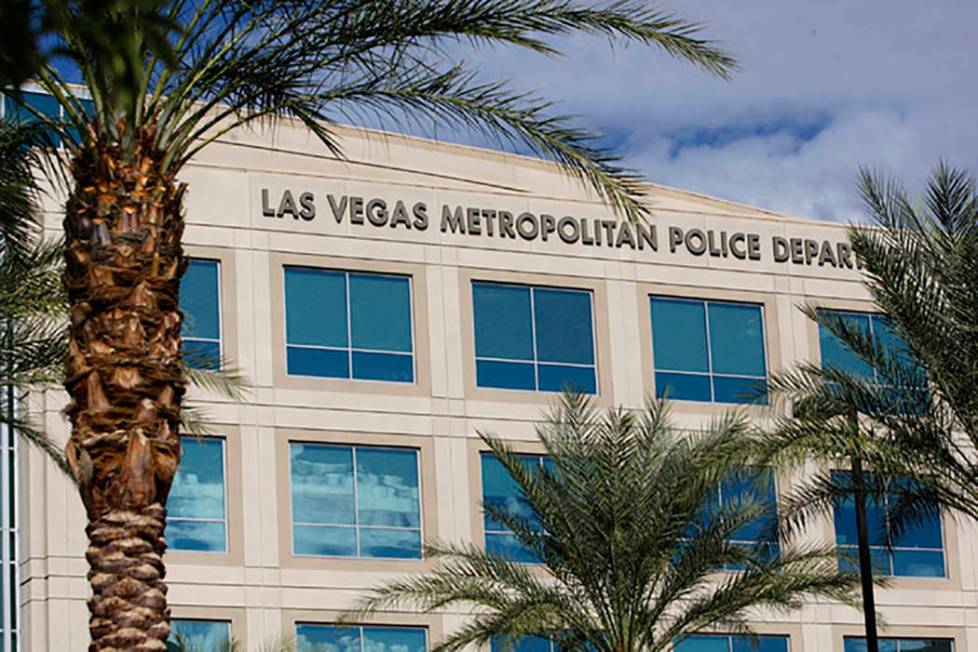Las Vegas police lack transgender policies, study says

The Metropolitan Police Department lacks explicit policies to protect the rights of transgender people, a recent study from a national transgender activist organization found.
The National Center for Transgender Equality study found Las Vegas police do not have a written policy that explicitly prohibits officers from using derogatory language and invasive questions toward transgender people.
Metro’s department manual also fails to mention individuals with non-binary gender identities, including how in-custody search or lockup policies apply to them, according to the study.
The report analyzed the policies of the country’s 25 largest police departments and weighed them against model policies created by a coalition of activist groups focused on LGBTQ equality. It found that none of the departments explicitly require regular training on transgender interaction.
Metro’s policies were considered “good” in only one of the study’s 17 categories: nondiscrimination based on sexual orientation. It ranked “poor” in most other categories including respectful communication and search procedures.
The department declined to comment on the report Friday but forwarded it to their legal department.
Toni Witten, the security and facilities manager for The Gay and Lesbian Community Center of Southern Nevada who also serves on Metro’s Multicultural Advisory Council, said the department is trying to improve relations with the local transgender community through outreach and field training.
“They recognize that relations between the transgender community and law enforcement have been strained over the years,” said Witten, who worked in law enforcement in San Diego but resigned shortly after she came out as transgender. “Metro approached (The Center) to help create a dialogue.”
Witten said during its last phase of field training for new officers, Metro holds a multicultural week where they hear presentations from members of different communities, including the LGBTQ community.
The Center also works with Las Vegas police in sensitivity training and holds question-and-answer events. But Witten said the transgender community is hesitant to show up.
“The police department, in my experience and from conversations with the sheriff and undersheriff, is more than willing to come to the table,” Witten said. “Some of the effort has to come from the transgender community itself.”
According to a 2015 survey by the same organization that prepared the report, 57 percent of transgender people said they would be afraid to ask police for help.
Mateo De La Torre, the lead researcher and author of the report, said police departments need to start communicating and listening to transgender leaders in their communities and building a relationship based on mutual respect. He said communication needs to happen before looking at specific policies.
Witten said as with any government agency, policy changes take time.
“The seeds are planted and they are making progress,” she said.
Contact Rachel Spacek at 702-387-2921 or rspacek@reviewjournal.com. Follow @RachelSpacek on Twitter.